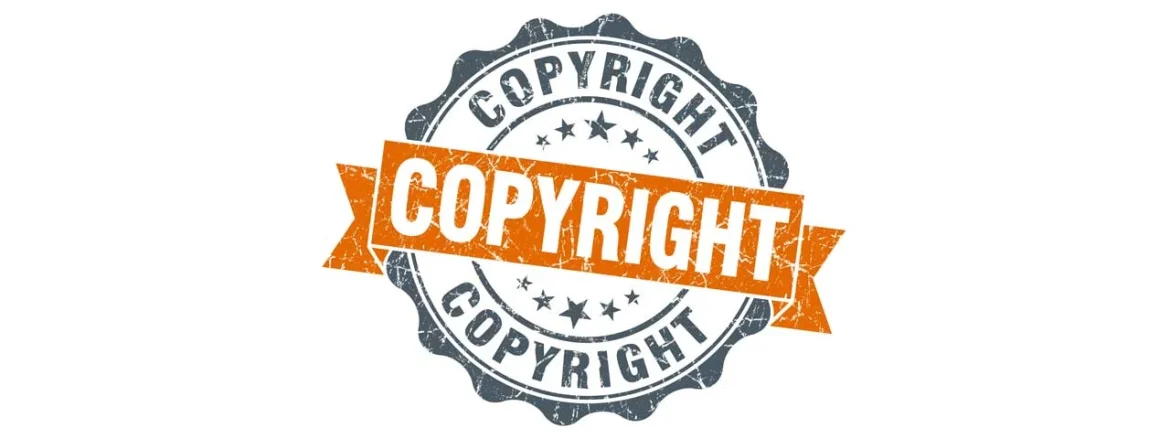AI has made the way we create everyday music much easier. Many people now use the AI-powered tool vocal AI to produce voices for their songs and projects. But here one problem arises you need to handle the copyright issues carefully. In this blog, we are about to discuss how you can easily get rid of copyright issues with AI-generated vocals. So keep reading!
Understand the Basics of Copyright
Copyright protects creative work like music and lyrics. When we use vocal AI to generate voices, we must ask if the content is original. Copyright law gives rights to creators who work hard on their projects. We check if we have permission when we use existing materials. We follow this rule to avoid legal problems.
Choose the Right Tools
Many tools help us create voices without any difficulty. We pick the vocal AI tool that offers clear guidelines on copyright. Some tools let us create completely new voices. Others mix known voice patterns with original ideas. We check if the tool gives us rights for the final output. We choose tools that provide clear licenses and let us use the work for our projects.
Create Original Content
We make original work when we use vocal-AI. We avoid copying voices from famous singers or popular songs without permission. We write our lyrics and design our sounds. This step keeps our work fresh and free from copyright issues. We also use the AI tool as a guide instead of copying known voices.
Use Public Domain and Licensed Content
Sometimes, we need extra sounds or phrases. We find material in the public domain or that comes with a license. Public domain content has no copyright restrictions. Licensed material means the owner gives us permission to use it. We read the rules and follow them. This practice protects us from unwanted legal problems.
Document Your Process
We document our work when we create music with vocal AI. We note the tools we use, the settings we choose, and the steps we take. Documentation helps us prove that our work is original. We show that we follow all guidelines to respect copyright. This practice builds trust with our audience and fellow creators.
Seek Legal Advice When Needed
We sometimes feel unsure about copyright rules. We ask legal experts who understand the laws around music and AI vocal creation. Legal advice clarifies our doubts and helps us avoid mistakes. We use simple questions to get clear answers from professionals. This step saves time and prevents future conflicts.
Educate Yourself and Stay Updated
Copyright rules can change as new technology develops. We learn more about the laws that affect AI vocals. We read trusted sources and join online communities where creators share their experiences. We attend webinars and workshops to stay informed. This habit keeps us safe and makes our work more secure.
Collaborate with Other Creators
We join groups that focus on vocal AI projects. Working with others helps us learn best practices. We share tips on how to avoid copyright issues. Collaboration creates an environment of learning and respect for creative work. We support each other to grow in our creative journey.
Practice Transparency
We always share the process behind our AI vocal creations. We mention if we use any external content and note the licenses. We are clear with our audience about our methods. Transparency builds trust and reduces the risk of misunderstandings about our work.
Relevant FAQs!
Q1: How can I 3make sure my AI vocal content is original?
A: We create our own lyrics and adjust the AI settings to produce new sounds. We use original ideas and do not copy existing voices without permission.
Q2: What should I do if I use external material?
A: We check if the material is in the public domain or if we have the necessary license. We follow the guidelines that come with the external content.
Q3: Why do I need to document my creative process?
A: Documentation helps us prove that our work is original and that we follow copyright rules. It builds trust with our audience.
Q4: When should I seek legal advice?
A: We ask a legal expert if we are unsure about copyright rules or if our work includes elements that might cause legal issues.
Disclaimer!
This article provides general information about copyright and AI-generated vocals and is not a substitute for professional legal advice. Consult with a qualified attorney for legal guidance specific to your situation.

